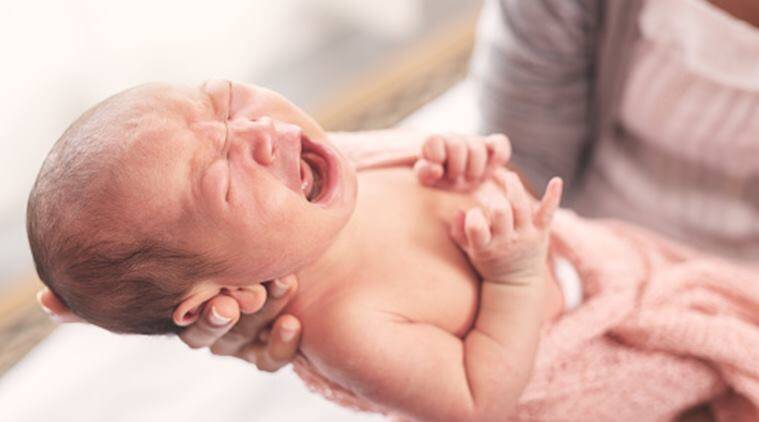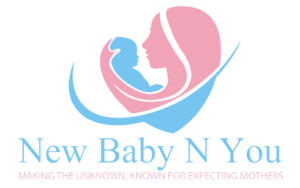Having a newborn baby is one of the most beautiful things in the world. It is something that no words can explain. Only those who have experienced it themselves know it is one of the most beautiful memories. Especially if you are a mom, it is a memorable moment for you. But a new life brings a whole lot of responsibilities too. You need to take care of the child and protect him from diseases. Newborns are more prone to diseases as their immunity is weak. Newborns’ hiccups are especially common. However, the doctor will
advise you from time to time. We have jotted down some important things you should do to protect your newborn from diseases. Let us discuss some of the points :
1. Using wet wipes and sanitizers
- It is highly advised for parents to use wet wipes and sanitizers while they change their nappies. Make sure not to use too much sanitizer, it should be just enough to clean that part.
- Hygiene is essential for the newborn baby. If you keep the baby in a hygienic environment, there are fewer chances of getting any diseases. It is better to use soap and water while changing the nappies, but in case they are not available, then sanitizers and wipes are helpful. In case the mother is busy, then any other person can also do it with ease.
2. Breastfeed your child
- It is strongly advised that the child be given the mother’s milk. The mother’s milk is quite vital for the child’s physical well-being. It consists of various nutrients which are useful for the development of a child’s bones and body.
- The mother’s milk also contains antibodies that protect your child from flu, cold, and various other diseases. Doctors advise that the child be given the mother’s milk for at least six months. Also, this plays an important role in developing the child’s immune system.
- Usually, newborns cannot eat or digest solid foods, so the mother’s milk is the best as it is in liquid form and also contains a lot of vital nutrients. Also, do not replace mother’s milk with normal packaged milk as it is not quite beneficial.
3. Vaccinate your child
- After a child is born, there are a number of vaccines that he/she has to take. These vaccines are very important as they will improve the immunity system of the child and develop antibodies that will help in fighting against various diseases.
- The government has also spread awareness among the public to vaccinate their children on time. Vaccines such as polio are available free of cost or at very minimal prices. You can find a lot of centers near you where you can get it for your kids. These vaccines are vital.
- Every parent must ensure that their child is vaccinated properly. There are a few vaccines that you have to take for your child. So it is advisable to keep a diary and note down the doses taken and those remaining. So make sure you vaccinate your child at the right time.
4. Keep your and others’ hands clean
- Before taking the baby in your hands or playing with them, it is important to clean your hands with soap or sanitizer. The reason is that our hands may have many harmful germs which may spread to the baby’s body when we hold or play with them. So it is important to keep yourself clean and also make sure to request those who visit the baby wash their hands before holding the baby.
- As the child is still young, the germs can easily transfer to their body and make their immune system weak. Also, ensure that sick people do not come into contact with the baby.
- Especially if someone has a cold or fever, then they should not touch the baby as the baby can easily get infected from them. Also, if they are near the baby, they should wear a mask and gloves. Try being cautious as much as possible.
5. Do not visit public places
- It is advised not to go to public places for a while. The child should not be taken out as the chances of getting a cold or flu are high. For at least a few months, the child should be kept with the mother.
- Public places may be unclean, or if there is a lot of air pollution, the child will fall sick. Even loud sounds in public places may disturb the child. Also, someone might touch the kid or play with them, while their hands will be full of germs, so you cannot take care of the child properly in public.
- After vaccination and a few months, the child’s immunity system will become stronger, and there will be no issue with taking the child to public places, but till then, you should avoid going to public places as much as you can.
6. Keep your baby’s area clean
- The place where the baby sleeps or rests should be clean. You can clean the baby area with sanitizers every few hours.
- It is important to keep the baby in a hygienic environment as that will avoid the entry of any germs. Do not make the baby area dirty. If the baby’s environment or area is dirty, the chances of getting diseases such as cold, flu, etc., are quite high.
CONCLUSION
So as we discussed above, there are many things you can do to keep your little ones safe from diseases. Some diseases, such as newborn hiccups, baby feeding fast, newborn sleeping with fast breathing, and newborn snorting are natural, so you need not worry about them. You can take the advice of your doctor in that regard. If it seems that your baby is not well, then you should contact your doctor as soon as possible.
FAQS
Q1. Are newborns more prone to diseases such as cold and flu?
Yes, as the child’s immune system is not quite developed so there is a high chance that he/she may be diagnosed with diseases such as the common cold, flu, fever, etc.
Q2. What are some other things we should keep in mind for the newborn’s health?
We have already discussed some points which you should keep in mind to make sure the newborn is healthy. You are advised not to give the newborn solid foods, the doctor will advise you regarding when you can give him solid foods. Also, keep the newborn away from smartphones and keep the baby away from excessive light.


